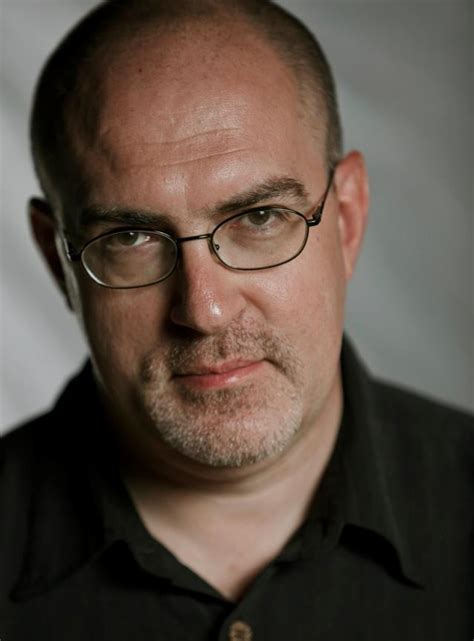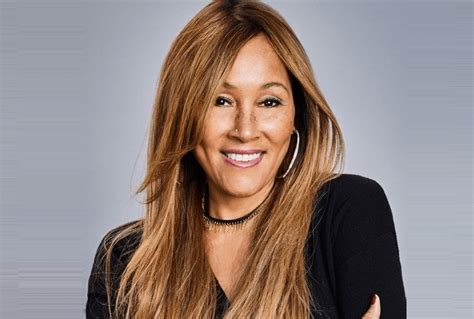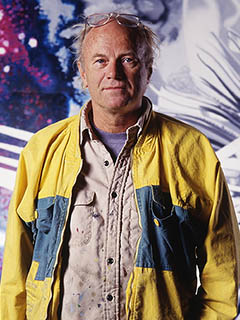A Quote by Brian Keene
Related Quotes
Dear Mia, What can I say? I don't know all that much about romance novels, but I think you must be the Stephen King of the genre. Your book is hot. Thanks for letting me read it. Anyone who doesn't want to publish it is a fool. Anyway, since I know it's your birthday, and I also know you never remember to back anything up, here's a little something I made for you. It would be a shame if Ransom My Heart got lost before it ever saw the light of day because your hard drive crashed. See you tonight. Love, Michael
Write what you want to read. So many people think they need to write a particular kind of book, or imitate a successful style, in order to be published. I've known people who felt they had to model their book on existing blockbusters, or write in a genre that's supposed to be "hot right now" in order to get agents and publishers interested. But if you're writing in a genre you don't like, or modeling yourself on a book you don't respect, it'll show through. You're your first, most important reader, so write the book that reader really wants to read.
Meditation is a journey to know yourself. Knowing yourself has many layers. Start knowing your bodily discomforts. Know your success, know your failures. Know your fears. Know your irritations. Know your pleasures, joy and happiness. Know your mental wounds. Go deeper and examine every feeling you have.
Know whose you are and you'll know who you are. Walk in your authentic identity as determined by your Creator. And, before you try to live without instructions as to what your identity really is read the owner's manual daily; the Bible. It's the best advice anyone ever gave me. Read it and it will change your life for the better, forever.
One of the things that always drives any practitioner of journalism crazy is you'll run it people who say why doesn't the media cover this or that? Well of course the media covered it. Why didn't you read about it? And, you know, it's, you know, there you are, it's not the journalist's job to knock down your door, you know, punch the URL into your computer and force you to stop watching the Kardashians and to read, you know, a report on integrity in government instead, it's your job.
What you and I might rate as an absolute disaster, God may rate as a pimple-level problem that will pass. He views your life the way you view a movie after you've read the book. When something bad happens, you feel the air sucked out of the theater. Everyone else gasps at the crisis on the screen. Not you. Why? You've read the book. You know how the good guy gets out of the tight spot. God views your life with the same confidence. He's not only read your story...he wrote it.
I read everything. I'll read a John Grisham novel, I'll sit and read a whole book of poems by Maya Angelou, or I'll just read some Mary Oliver - this is a book that was given to me for Christmas. No particular genre. And I read in French, and I read in German, and I read in English. I love to see how other people use language.
The second book, which was probably more from a professional standpoint - when I read Junot Díaz's Drown, I was like, Oh my god, you can write these stories and people will actually read them beyond your own little community. This guy's book is blowing up and it seems like [he's writing about] the neighborhood that I grew up in. That was a big deal. I read that in graduate school, so that's when I was really taking writing seriously, but I didn't know you could do it. I didn't know you can actually be an author. It was a weird epiphany.
Somebody comes to your house. You know they're coming, so it's not a surprise. And they give you an envelope that has your scenes in it. And they sit in the car outside for a half an hour while you read your scenes, then they ring your doorbell and you give your scenes back. Then you shoot the movie a few weeks later or something. The next time you see your scenes is the night before you start shooting. I never read the script [Blue Jasmine], so I didn't really know what it was about.


































